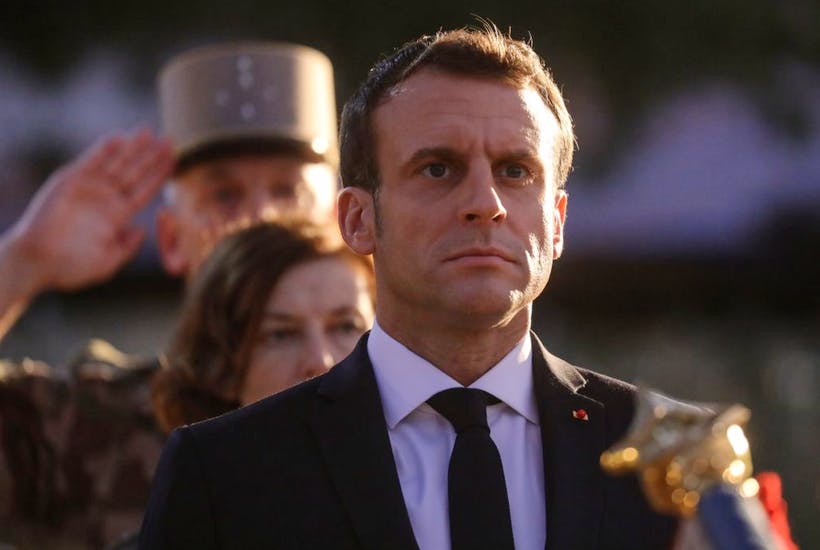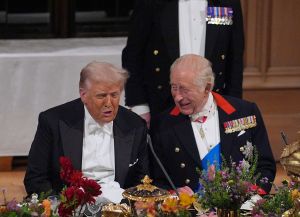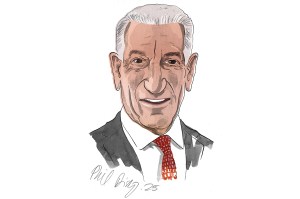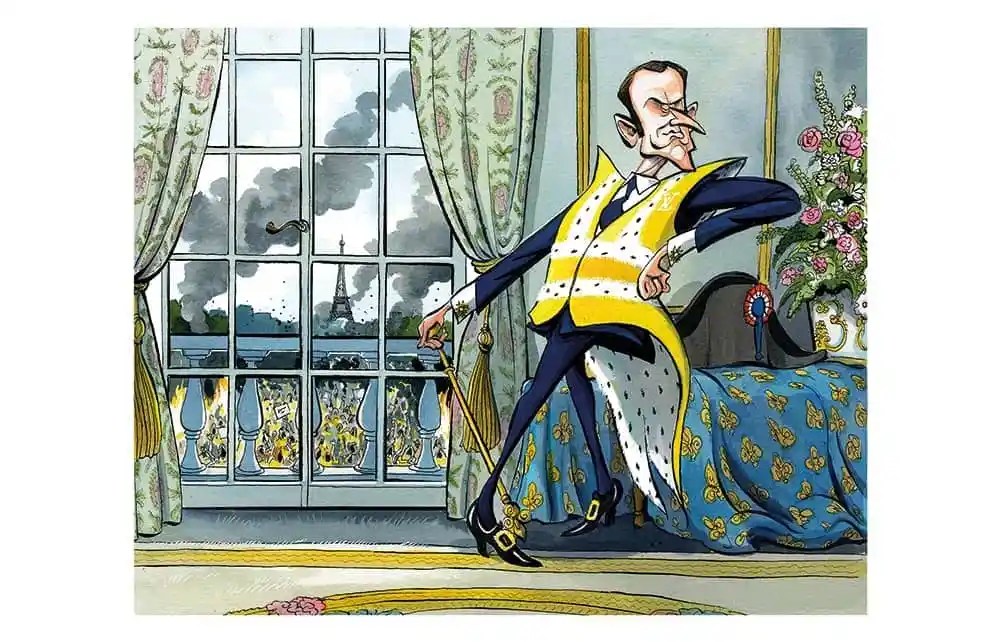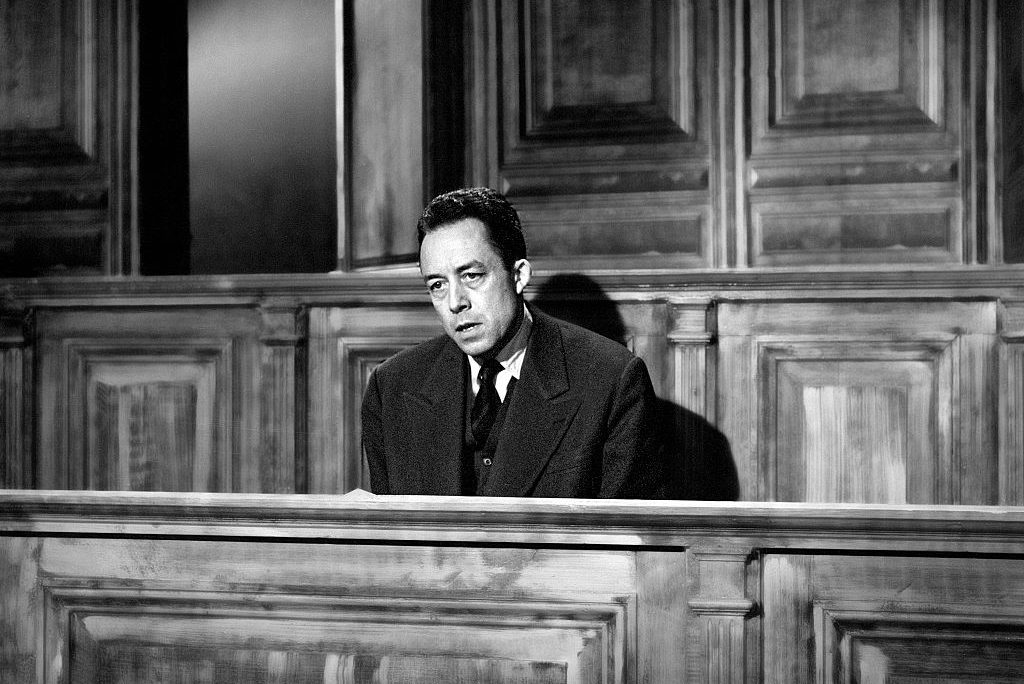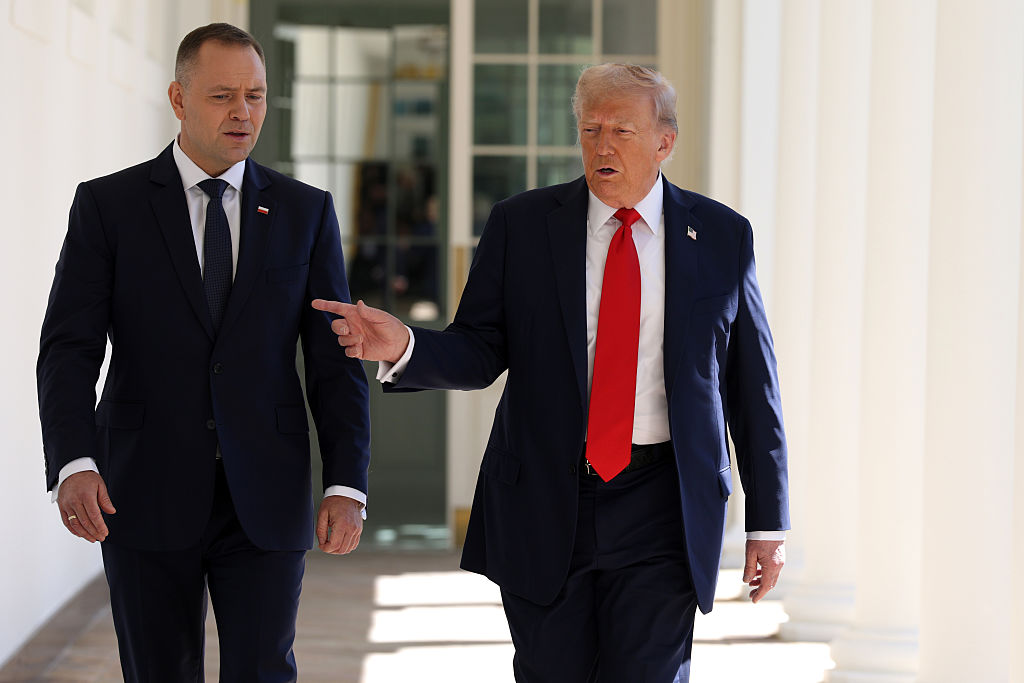Emmanuel Macron’s 2020 ‘to do’ list is nothing if not challenging. Starting with the domestic it offers no respite in its international agenda.
Nation-wide transport strikes opposed to the president’s root and branch pension reform have been paralyzing France for 23 days, now longer than the legendary 1995 strike that forced President Chirac to withdraw his pension reform. Neither side looks ready to concede and for the moment public opinion supports the strikers. The economic costs are considerable; for France’s national railway, SNCF, the cost is put at nearly half a billion euros while the broader economic impact on tourism and lost sales during the Christmas period will hit French growth. Although Macron and his prime minister refuse to acknowledge that the reform of France’s baroque but extremely generous pension system is motivated by economics, everyone recognizes that demographically the system cannot survive in its current form. For a sector that represents 14 percent of GDP any concessions will require the state to fund still further a bottomless pit.
Which leads to Macron’s second large domestic problem. French finances have been in a parlous state for years with budget deficits annually exceeding the Eurozone maximum of 3 percent GDP. With concessions to buy off the gilets jaunes protest calculated to cost 17 billion euros and the phenomenal cost of financing unemployment at 8.6 percent, France’s budget deficit will again run over 3 percent. Brussels recently warned Paris that corrections must be made to avoid a non-compliance fine. Meanwhile France’s national debt has this month exceeded 100 percent of GDP for only the second time in recent history, way above the 60 percent maximum for Eurozone members (albeit ignored by many states). All this weakens Macron’s hand in wishing to lead the EU reform he set out over a year ago.
Next month the Thiriez report on reforming civil service recruitment, training and organization will suggest a radical overhaul likely to provoke unrest among at least the upper echelons of France’s bloated civil service employing 20 percent of the French workforce.
Of course, Macron has over two years of his presidency remaining to complete his reforms. But in March 2020 important local elections will measure his unpopularity. His LREM party, which mushroomed from nowhere in 2017, has no local strongholds and could perform badly, while Marine Le Pen’s Rassemblement national is likely to consolidate its position as France’s largest political movement. This will set up the 2022 presidential election once again to be a run-off between Macron and the far right leader.
The foreign agenda is also crowded. France now has some 4,500 soldiers engaged since 2014 in a losing battle against jihadi fighters in the Sahel band of west Africa. With no clear path for extricating herself from a region several times the size of France, Macron is burning diplomatic capital trying to get African nations to shoulder a greater share of the military burden while the French death toll rises, with 13 soldiers killed last month. On a Christmas trip to Africa he conceded to ending the French-dominated west and central African currency used by 14 states — the CFA franc — severing the final tangible colonial cord of France-Afrique. Meanwhile, ill-feeling is bubbling up in Paris against EU states, notably Germany, refusing to commit anything more than token forces to the Barkhane Operation, despite Macron’s claims that France’s action is in defense of Europe. This has the added embarrassment of underling publicly the futility of his own calls for a European army.
All of the above, plus the distraction of Brexit, have undermined Macron’s radical reform agenda for Europe, notably greater financial harmonization. He will press on with that quixotic task, but opposition continues to grow, most notably in Central and Eastern Europe. Paradoxically, the prospect of a clean-break Brexit under a revitalized and strong British prime minister intent on boosting closer non-European links makes a closer Franco-British relationship more likely, as Macron hinted in his September strategic foreign policy speech. For over a century France has grown anxious when Britain appeared to forsake a continental commitment for blue water interests. Then, as now, France will seek to tether London in security terms to the continent. Whatever his hopes for a more united and consolidated European Union nothing will be delivered within Macron’s mandate, even if re-elected in 2022. What Macron needs now is a foreign, defense and security ally than can partner up to protect French interests in Europe and project French power beyond Europe in an unpredictable and threatening world. Nato, in his view, is unreliable because of Washington, whereas Germany can only provide a nine-to-five army that cannot realistically be engaged in front-line combat. Britain holds all the cards that make her the perfect partner: the fifth biggest defense power with nuclear weapons, a permanent member of the UN Security Council, a leading player in Nato and the third largest diplomatic network, after France’s. While publicly driving a hard bargain on aspects of Britain’s future relation with the EU, behind the scenes Macron will be more supportive to win the greater foreign and security prize.
2020 will be a pivotal year for Macron and for France. In a post-Brexit world a more independent and global Britain should champion Macron’s success. For France too will increasingly become an ever more strategic and privileged ally for Britain.
This article was originally published on The Spectator’s UK website.



